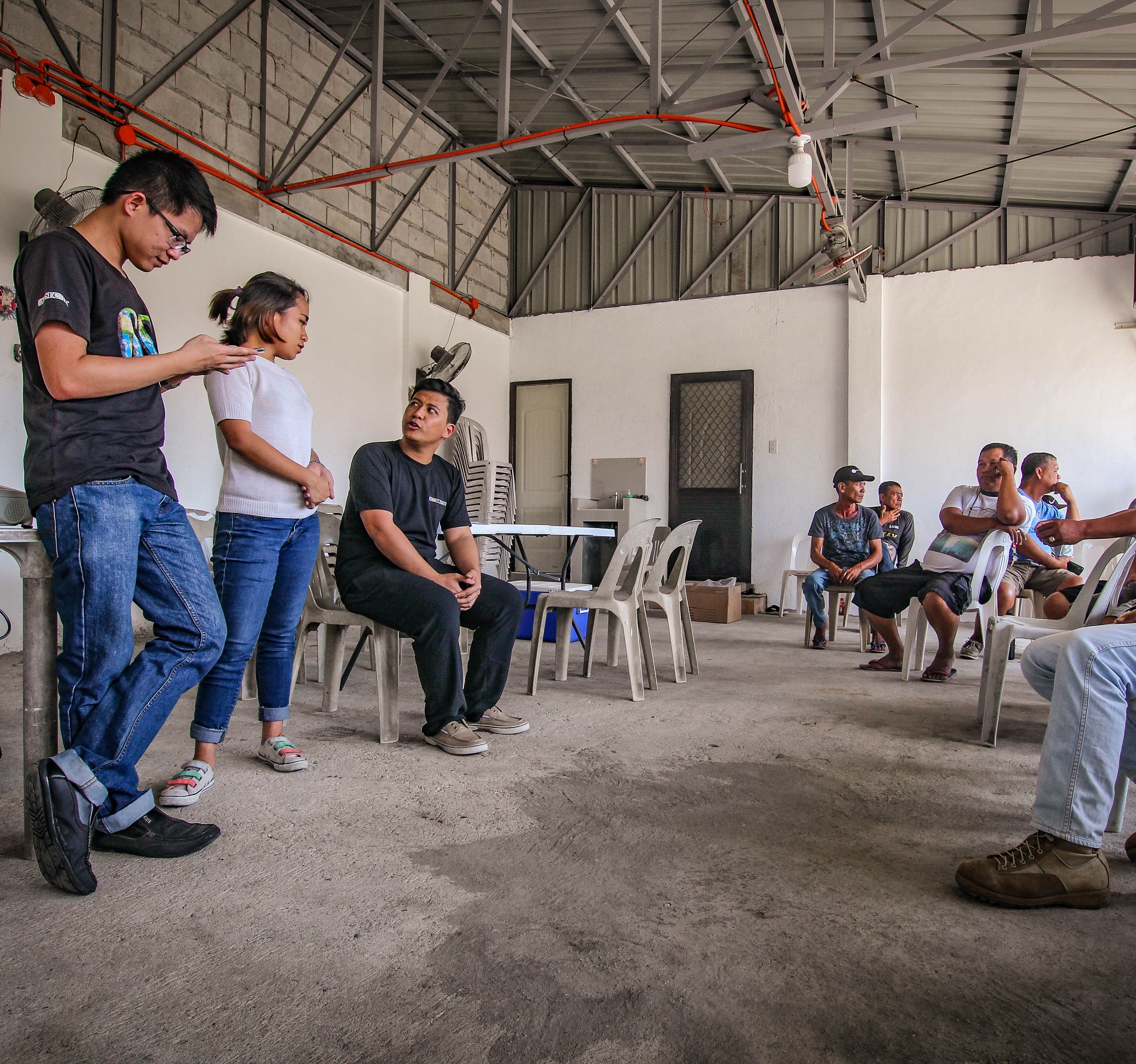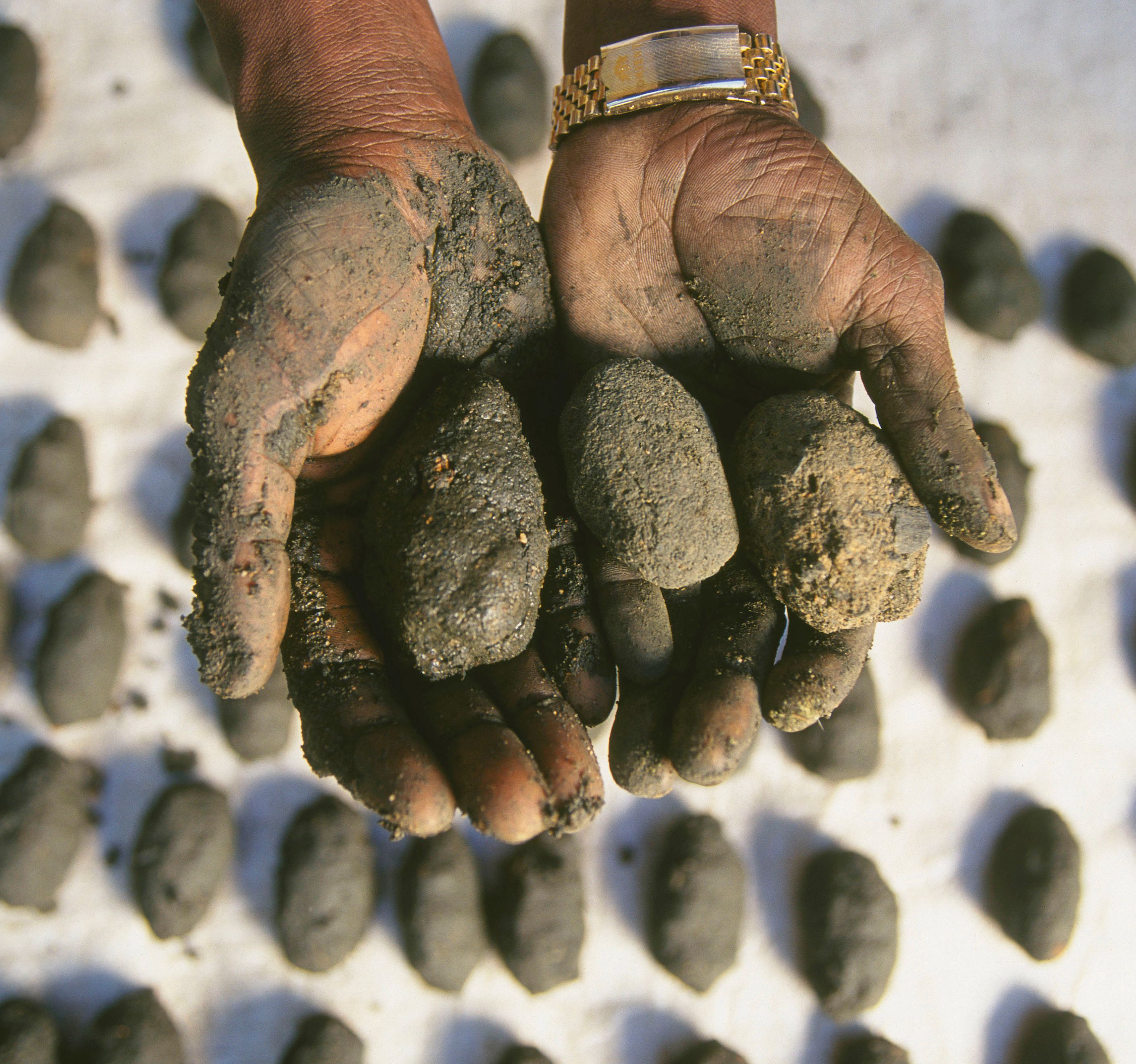The production of charcoal provides livelihood to thousands of Filipinos, but its clouds of smoke are a detriment to the environment. Luckily, a solution exists, and it comes at the behest of new technologies.
North Luzon Expressway (NLEX) Corporation has partnered up with the World Wide Fund for Nature (WWF) Philippines for the TuboChar project, an effort to bring green charcoal to local communities. TuboChar looks to address the burning of sugarcane crops – an activity that produces thick clouds of smoke – in a way that benefits partner communities.
In partnership with NLEX Corporation and WWF-Philippines is start-up company HiGi, supplying the project with both technology and technical knowledge. The technology in particular takes waste from sugarcane harvests – the same waste that would otherwise be used in pollution-heavy cooking processes – and makes charcoal out of it in a way that cuts most of its emissions. This is done by funneling what smoke is produced during cooking back beneath the sugarcane waste, which in turn speeds up the process. By cutting back on harmful plumes while speeding up the charcoal production process, TuboChar does not just let communities keep their livelihoods, but improves upon them.
Rather than merely introducing the idea of green charcoal to the project’s beneficiaries, the TuboChar team works on the ground to help communities adopt the technology. Among the project’s milestones is the establishment of a prototype green charcoal briquetting facility that can provide livelihood to an entire community. To do this, the project will transfer knowledge to and capacitate community members so that they can manage and use the green charcoal technology themselves. This is all in aid of measurably reducing the amount of sugar cane burning in communities, be it before or after harvest season.
The TuboChar project is currently based in the community of Bantog, Tarlac, a rural farming village constructed along the North Luzon Expressway. Despite small beginnings, however, the project team is working to make green charcoal a staple of the food industry, and they are looking to link beneficiary villages to partner restaurants to complete the value chain. Through TuboChar, WWF-Philippines promotes technologies for cleaner skies and responsible, efficient food production, from the kilns of local farmers right up to the dining table.
LATEST STORIES

TuboChar Launch, Social Preparations
Activities under the TuboChar project officially began with interviews and focus group discussions with partner farmers in the community of Bantog,

The Benefits of Green Charcoal
The production of charcoal is a sooty affair whose clouds of smoke pose a challenge to the climate. A certain new technology could put a change to that.
